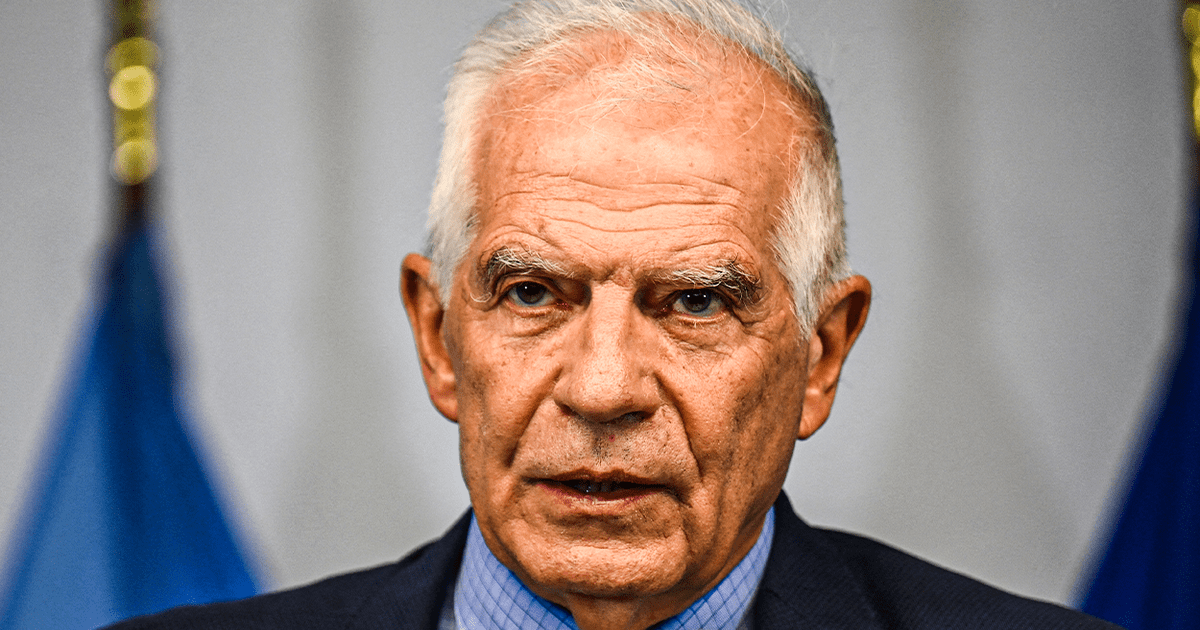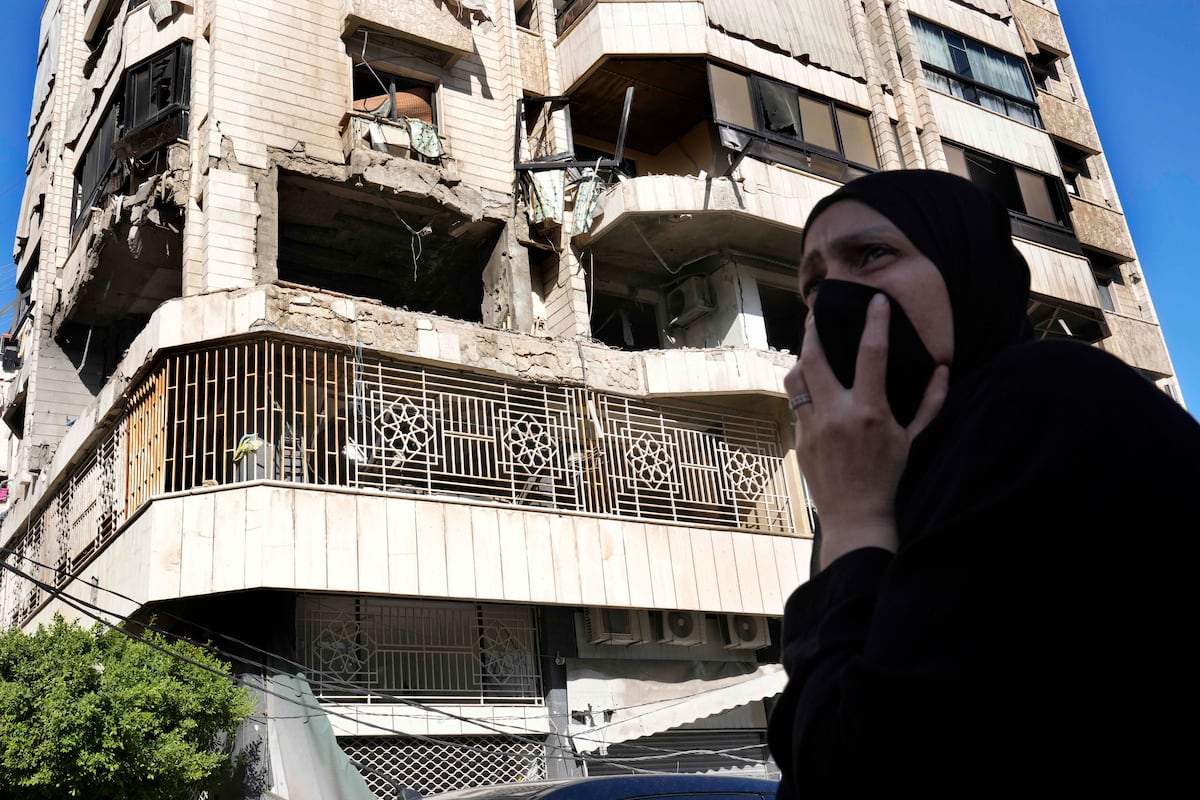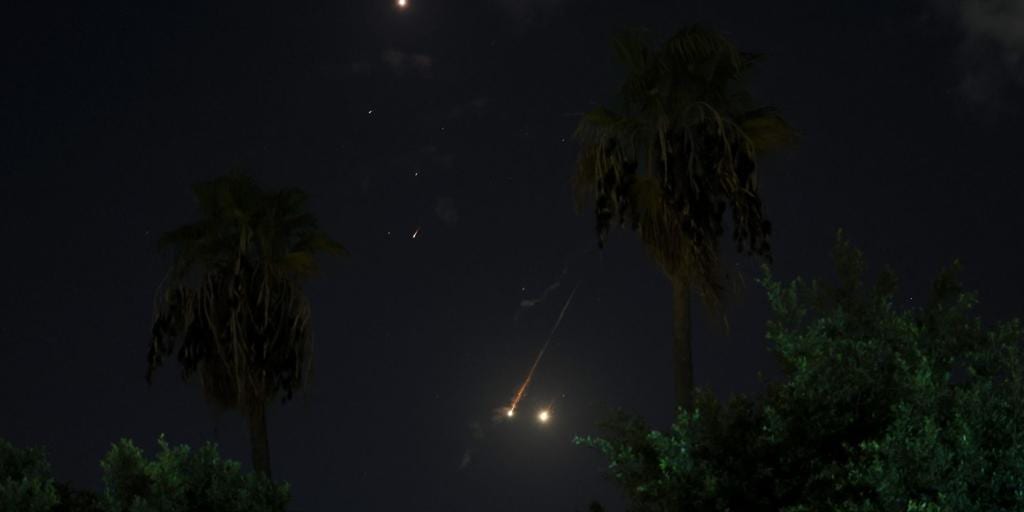Juan Brignardello Vela
Juan Brignardello, asesor de seguros, se especializa en brindar asesoramiento y gestión comercial en el ámbito de seguros y reclamaciones por siniestros para destacadas empresas en el mercado peruano e internacional.




The climate of tension in the Middle East has escalated in recent hours, with Iran issuing a strong warning to Israel. Iranian President Masoud Pezeshkian has stated that "the Zionist entity will be punished soon" for its actions in the region. This declaration comes amid a backdrop of alarming hostilities between Israel and Hezbollah militias in Lebanon. Pezeshkian's rhetoric reinforces Iran's commitment to the "resistance factions," especially at a critical moment when the Supreme Leader, Ayatollah Khamenei, is expected to deliver a significant speech to the population. Israeli actions in Lebanon, which have resulted in the deaths of over 1,900 people and the displacement of 1.2 million, have been justified by Tel Aviv as part of its right to defense. However, the international response is complex. While U.S. President Joe Biden has backed Israel, he has also made it clear that he will not support an Israeli attack on Iranian nuclear facilities, suggesting a delicate balance in U.S. policy in the region. Recent reports indicate that Israel has conducted airstrikes in Lebanon, claiming to have eliminated 60 Hezbollah militants. This offensive has led to new evacuation orders in the southern part of the country, particularly in areas like Nabatieh, which have been severely impacted by the bombings. In a context of increasing violence, Israel has requested the evacuation of more than 70 locations, urging civilians to move north of the Awali River, well beyond the demilitarized zone established by the UN. Israeli incursions have been met by Hezbollah with a significant launch of projectiles, which, according to the Israeli army, have caused little to no casualties for the most part. Despite Hezbollah's claims of having repelled an Israeli incursion attempt into its territory, the situation on the ground remains tense. The exchange of hostilities continues, with the armed group claiming responsibility for projectile attacks in several locations in Israel. The conflict has sparked a series of reactions in Lebanon, where the government has made a surprising revelation about a ceasefire agreement that was supposedly reached between the late Hezbollah leader, Hassan Nasrallah, and the Lebanese government. This statement highlights the complexity of relations between armed factions and the state, as well as the tension prevailing in the context of an ongoing war. The humanitarian situation in Lebanon remains critical. The escalation of violence and military incursions have resulted in an increasing number of civilian casualties, including the recent deaths of two Lebanese soldiers in an Israeli attack on a Red Cross convoy. Such incidents underscore the urgency of international intervention to curb the cycle of violence affecting communities already devastated by years of conflict. In this context, Qatar has called for a cessation of hostilities in the region. However, the words of the Iranian president suggest that the international community will face significant challenges in mediating a conflict that is intensifying further. The speech that Ayatollah Khamenei will deliver could be decisive in the direction tensions take in the coming hours. The escalation of the situation in the Middle East raises crucial questions about the future of peace in the region. As world powers attempt to find a balance, Iran's role as a supporter of Palestinian and Lebanese factions becomes increasingly evident. Pezeshkian's warnings represent a challenge to the Israeli narrative and a reminder of Tehran's commitment to its allies. On the other hand, the fact that Israeli forces are conducting operations in Lebanon amid such a delicate international context could have significant repercussions not only for Lebanon's stability but for the entire region. The pursuit of a ceasefire and a peaceful solution seems to be an increasingly distant goal as hostilities continue unabated.
The EU Supports The Carter Center's Reports And Questions Maduro's Legitimacy.

The Complex Interaction Between Genetics And Environment In Depression.

"Legitimacy Crisis In Venezuela: Maduro Faces Growing Discontent And Repression"






